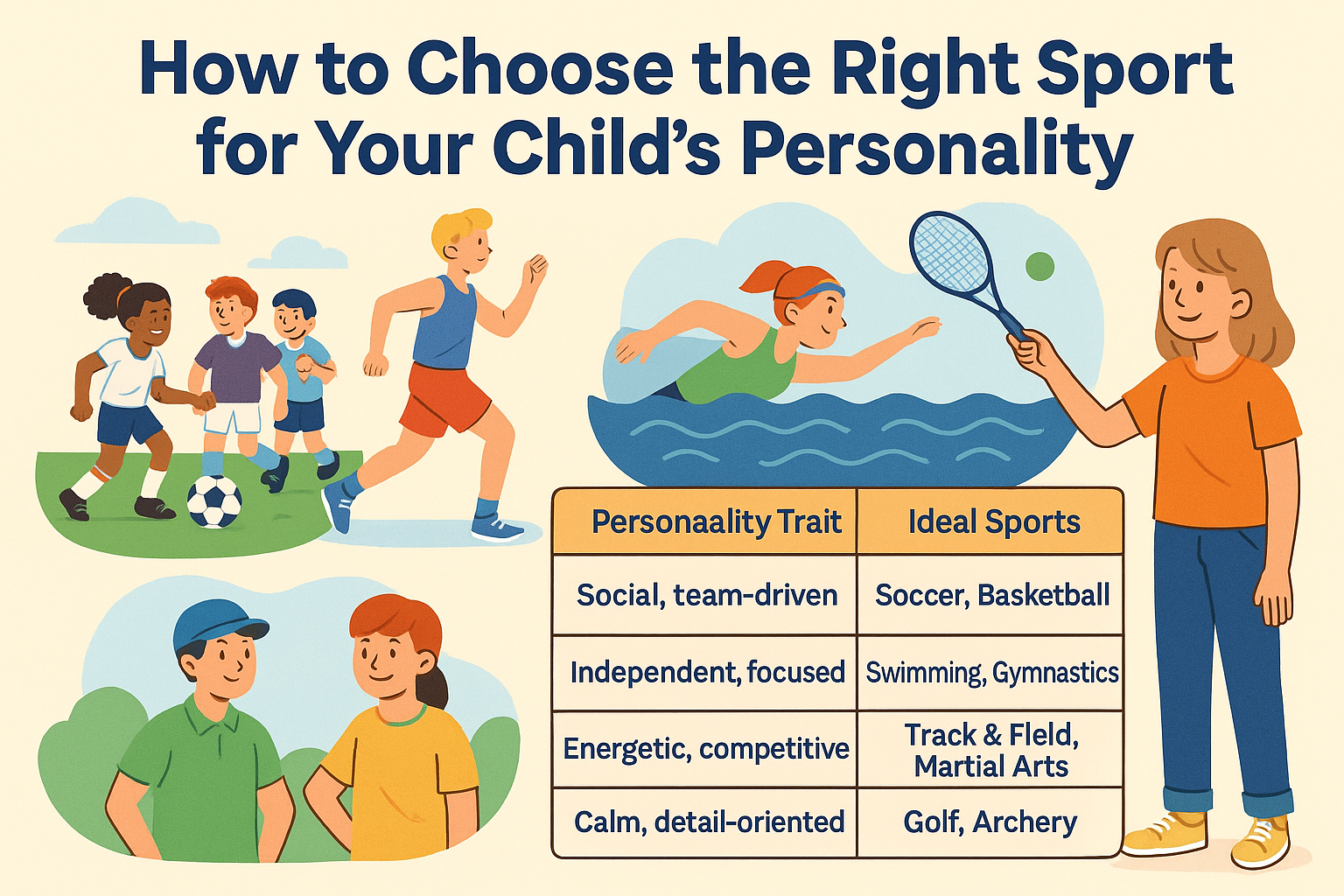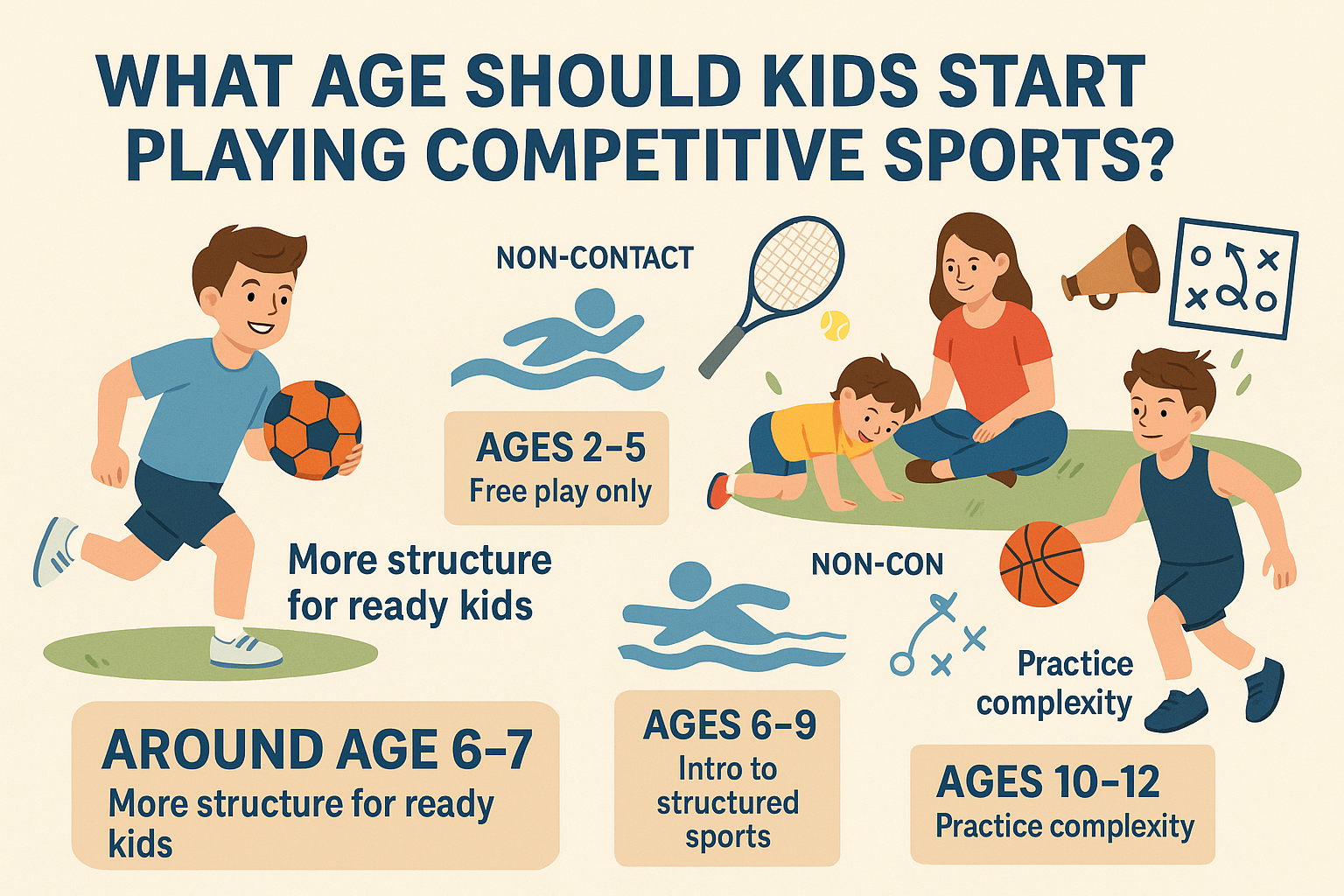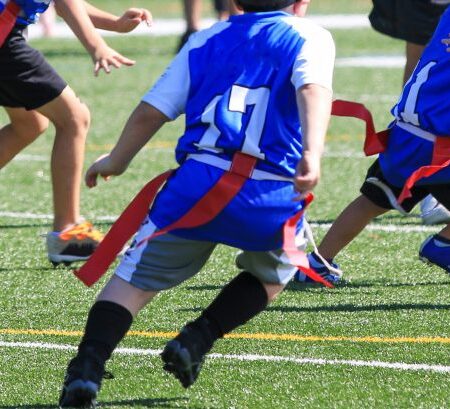7 Smart Strategies for Choosing the Right Sport for Your Child’s Personality
🏅 Introduction
Selecting a sport that truly fits your child’s personality can make all the difference—not just in their performance, but in their happiness and long-term commitment. In this article, How to Choose the Right Sport for Your Child’s Personality, we’ll share practical, human-centered tips and real-world value, following US-based best practices for AdSense suitability.
1. Discover Your Child’s Natural Passions
Pay close attention to what your child naturally enjoys—does your child light up at the thought of being on a team, or do they find peace in solo activities? Encouraging them to try a variety of sports in a low-pressure environment provides insight into their true interests. spookynooksports.com
2. Match Sport to Temperament
Team-oriented kids usually excel in group sports like soccer, basketball, or baseball, which offer bonding and camaraderie. Research shows team sports provide substantial mental health benefits and build social skills .
Independent kiddos may thrive in solo sports such as swimming, gymnastics, or martial arts—arenas where self-discipline and personal focus shine .

3. Consider Energy Levels & Physical Traits
Does your child have boundless energy? High-intensity sports like soccer or track might suit them well. Are they methodical and steady? Maybe tennis or swimming is the right channel. Matching physical ability with personality helps prevent injury and boosts enjoyment pmc.ncbi.nlm.nih.gov+15hss.edu+15isport360.com+15.
4. Age-Appropriate Stages
Understanding your child’s developmental stage matters. For example, toddlers thrive in free-play activities, while kids aged 6–9 can handle more structured games like T-ball or simple team sports. As they age, they can take on more physical complexity and strategic play .
5. Let Them Sample Without Pressure
Offering trial sessions, sports clinics, or recreational leagues acts like a “taste test” – low stakes, high insight. It helps both you and your child evaluate interest and enjoyment before making a bigger commitment .
6. Evaluate Time & Commitment
Time commitment varies by sport. Some require daily training, others weekly sessions. Consider your family’s routine, schoolwork, and downtime so sports enhance life without overwhelming it family-scl.com.
7. Look at Coaching & Environment
A supportive coach and positive environment are game-changers. Seek out programs that emphasize fun, skill-building, and emotional safety—not just winning. Quality programs boost self-esteem and long-term engagement calsportsacademy.com.
8. Personality Spotlight Table
| Personality Trait | Ideal Sports |
|---|---|
| Social, team-driven | Soccer, Basketball, Baseball |
| Independent, focused | Swimming, Gymnastics, Tennis |
| Energetic, competitive | Track & Field, Martial Arts, Soccer |
| Calm, detail-oriented | Golf, Archery, Swimming |
| Leadership-inclined | Team captain roles, martial arts, Softball |

9. Mental & Emotional Benefits
Team sports help reduce anxiety and foster friendships, especially between ages 9–13 thrive.psu.edu+2isport360.com+2dreamstime.com+2thrive.psu.eduverywellmind.com.
Solo sports build focus and self-reliance, though they require emotional support to prevent pressure overload .
For children facing learning or emotional challenges, coaches who tailor instruction and break tasks into manageable steps can make all the difference childmind.org.
10. Keep It Fun—Above All
When enjoyment comes first, motivation and growth follow. Avoid pressuring for wins. Focus on creating a supportive environment that promotes intrinsic motivation, crucial for sustained participation .
FAQs
What if my child isn’t ‘good’ at any sport yet?
Everyone starts somewhere—trying and practicing are part of the journey. Focus on improvement, not perfection.Can a child play multiple sports?
Absolutely. Sampling boosts physical literacy and reduces burnout. Specialize later if desired.My child is shy—should they avoid team sports?
Not at all. Lower-pressure roles and supportive coaching can help shy children thrive socially and emotionally.How do I know when to switch sports?
Observe changes in interest or enthusiasm. If your child is no longer enjoying practices or games, it’s time to chat.What if my child wants to quit?
Open a supportive dialogue. If they’ve lost interest, let them try something else—focusing on fun is key.How involved should I be as a parent?
Stay encouraging, present, and positive. Attend games, celebrate milestones, and avoid pushing for win at all costs.
Conclusion
Choosing the right sport for your child based on their personality, interests, and pace is an art—and a gift. By prioritizing enjoyment, support, and development, you set the stage for an enriching sports experience that nurtures health, confidence, and lifelong love for physical activity.
Have questions or want specific sport recommendations? I’d love to hear your child’s unique personality and interests—just share! 🙌











